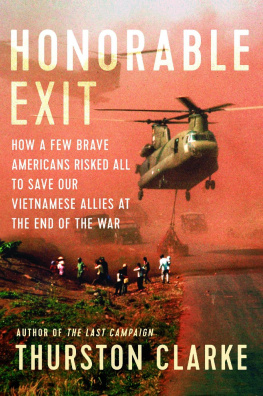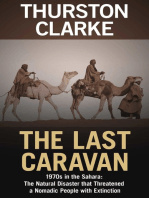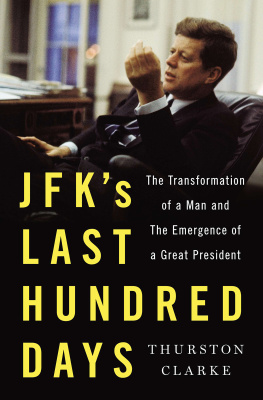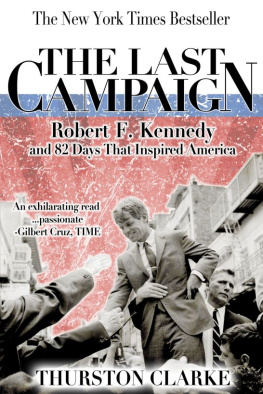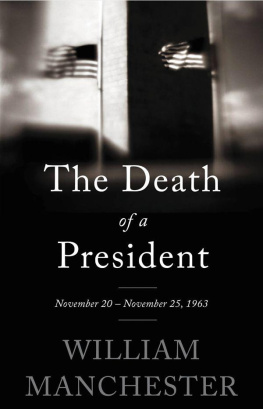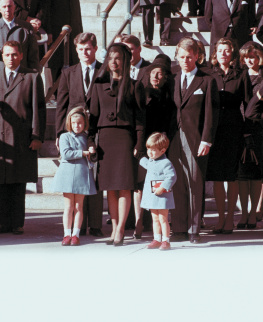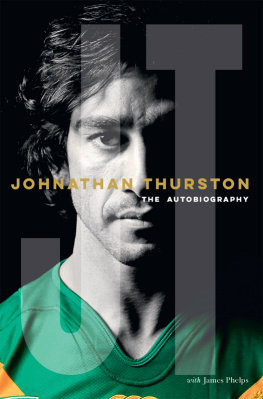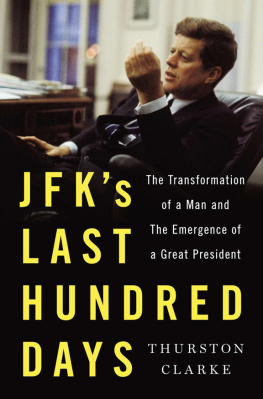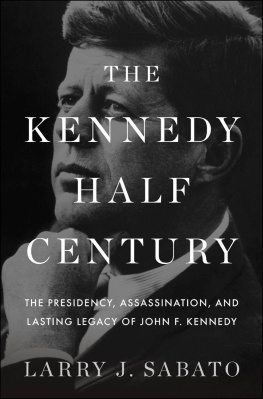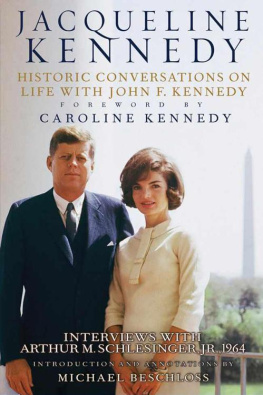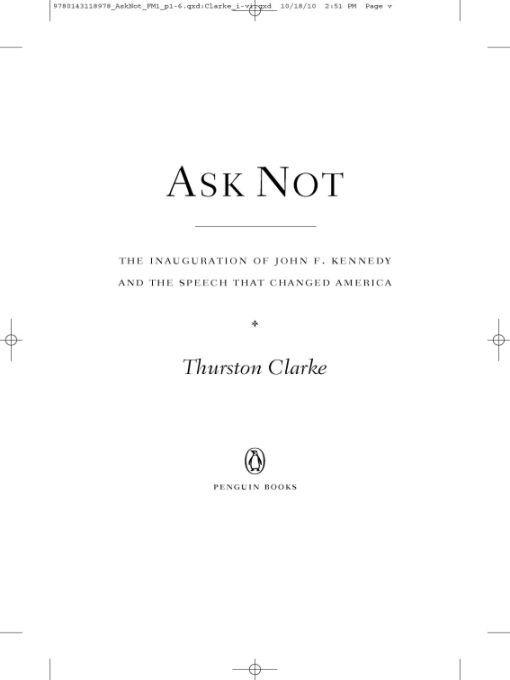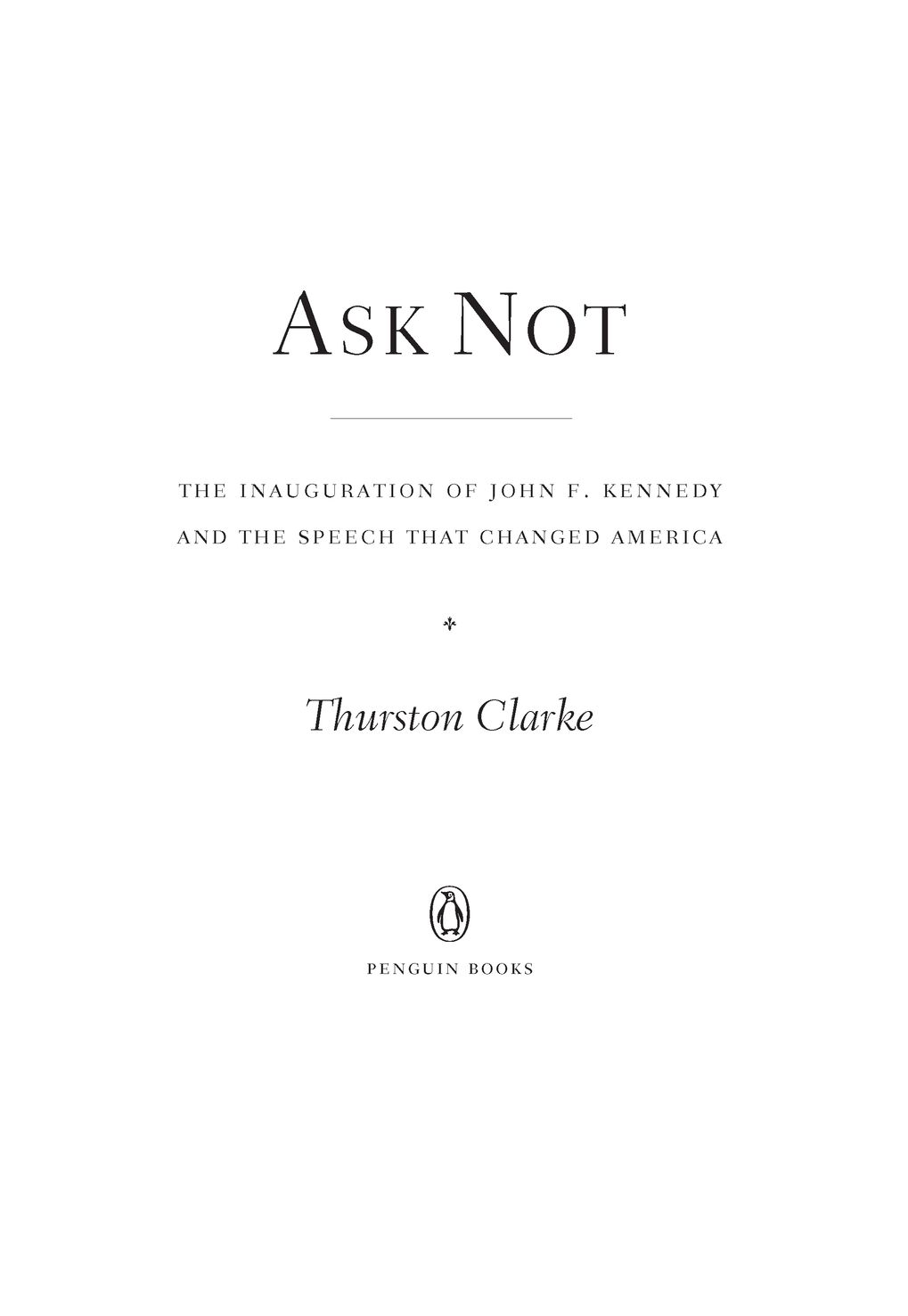Table of Contents
PRAISE FOR Ask Not
Insightful and fascinating analysis... [Kennedy] comes off as a skilled, eloquent and inspired craftsman.
San Francisco Chronicle
Ask Not stirs us again with the eloquence of Kennedys oratory, and deepens our understanding of its place in history.
Sally Bedell Smith, author of Grace and Power
Thurston Clarke has taken a brief, beautiful speech and re-created an extraordinary moment in time. He understands the power of words, the way they can animate an age and move the world.
Evan Thomas, coauthor of The Wise Men, author of John Paul Jones
With greatand often fascinatingdetail, Clarke recounts how the inaugural address was fashioned. Ask Not is an elegant and literate celebration of one of the past centurys pinnacles of literacyand a valuable addition to the Kennedy canon.
Richmond Times-Dispatch
Insightful and engaging.... In the end, Sorenson stands revealed as what hes always claimed to be: not Kennedys ghostwriter, but his scribe. And Kennedy? He comes off as original and eloquent.
The Providence Sunday Journal
Intriguing ... Ask Not is the product of much diligence.... Clarke has made a valuable start by evoking the vivid spirit of that time and documenting a major moment in American oratory.
The Boston Globe
Clarke is an apt student of the what-he-had-for-breakfast-that-day school of popular history, and as his vivid narrative unfolds in that tradition, we can hear the words of the speech rise from the page. An artful addition to Kennedyana, complete with detailed literary forensics that will inevitably invite a comparison to the present state of political rhetoric and contemplation of what we have lost.
Kirkus Reviews
Clarke has made an admirable contributionand he has strengthened the speech-making credentials of JFK as someone who could not only deliver a speech with panache but originate most of the ideas as well.
Deseret Morning News
In the end, this is a book about a man, a moment and a speech, and Clarke does a terrific job of explaining all three.
Pittsburgh Tribune-Review
Clarke offers an excellent reconstruction of the details of that frigid, snow-encrusted day in January 1961.... a valuable book worth making room for on the crowded Kennedy shelf.
Publishers Weekly
A spirited narrative... fine social history.
Library Journal
A terse, often cliffhanging re-enactment of the last few days leading up to [Kennedys] inauguration.
The Post and Courier (Charleston)
A thoughtfully, gracefully, elegantly written book.
Peace Corps Writers
This fine book is part textual criticism, part archival detective work, but most important, a compelling and fascinating story.... Clarke has reminded us once again that there was substance behind the charisma, and much to admire about John Fitzgerald Kennedy.
The Herald-Sun (Durham)
Part of the fun of this book is that Clarke writes good gossip.... This is an entertaining and instructive book.
The Press-Republic (Plattsburgh)
PENGUIN BOOKS
ASK NOT
Thurston Clarke has written eleven widely acclaimed works of fiction and nonfiction, including the New York Times bestselling The Last Campaign, and three New York Times notable books: The Last Caravan , Equator, and California Fault. His Pearl Harbor Ghosts was the basis for a CBS documentary, and his bestselling Lost Hero, a biography of Raoul Wallenberg, was made into an award-winning NBC miniseries. His articles have appeared in Vanity Fair, Outside, Glamour , The New York Times, and many other publications. He is the recipient of a Guggenheim Fellowship and a Lowell Thomas Award for travel literature and lives in the Adirondacks in upstate New York with his wife and three daughters. He is currently writing JFK: The Last Hundred Days, which will be published in 2013.
FOR
JOHN PYNE JR.
AND
LILY WEST,
to whom we are passing the torch
A GOLDEN AGE OF POETRY AND POWER
OF WHICH THIS NOONDAYS THE BEGINNING HOUR.
final lines of the poem written by Robert Frost for the inauguration of John F. Kennedy
The Inaugural Address of
PRESIDENT JOHN F. KENNEDY:
January 20, 1961
Vice President Johnson, Mr. Speaker, Mr. Chief Justice, President Eisenhower,
Vice President Nixon, President Truman, reverend clergy, fellow citizens:
We observe today not a victory of party but a celebration of freedomsymbolizing an end as well as a beginningsignifying renewal as well as change. For I have sworn before you and Almighty God the same solemn oath our forebears prescribed nearly a century and three quarters ago.
The world is very different now. For man holds in his mortal hands the power to abolish all forms of human poverty and all forms of human life. And yet the same revolutionary beliefs for which our forebears fought are still at issue around the globethe belief that the rights of man come not from the generosity of the state but from the hand of God.
We dare not forget today that we are the heirs of that first revolution. Let the word go forth from this time and place, to friend and foe alike, that the torch has been passed to a new generation of Americansborn in this century, tempered by war, disciplined by a hard and bitter peace, proud of our ancient heritageand unwilling to witness or permit the slow undoing of those human rights to which this nation has always been committed, and to which we are committed today at home and around the world.
Let every nation know, whether it wishes us well or ill, that we shall pay any price, bear any burden, meet any hardship, support any friend, oppose any foe to assure the survival and the success of liberty.
This much we pledgeand more.
To those old allies whose cultural and spiritual origins we share, we pledge the loyalty of faithful friends. United, there is little we cannot do in a host of cooperative ventures. Divided, there is little we can dofor we dare not meet a powerful challenge at odds and split asunder.
To those new States whom we welcome to the ranks of the free, we pledge our word that one form of colonial control shall not have passed away merely to be replaced by a far more iron tyranny. We shall not always expect to find them supporting our view. But we shall always hope to find them strongly supporting their own freedomand to remember that, in the past, those who foolishly sought power by riding the back of the tiger ended up inside.
To those peoples in the huts and villages of half the globe struggling to break the bonds of mass misery, we pledge our best efforts to help them help themselves, for whatever period is requirednot because the communists may be doing it, not because we seek their votes, but because it is right. If a free society cannot help the many who are poor, it cannot save the few who are rich.


